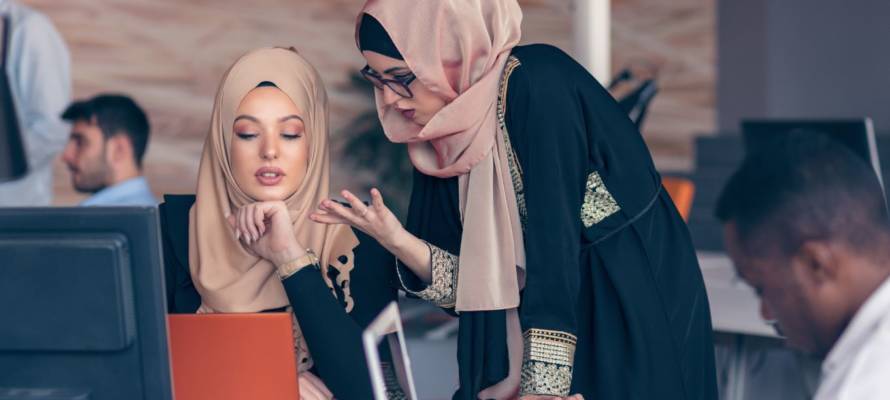The number of Israeli-Arab Ph.D. candidates has more than doubled in a decade, according to data presented by the Council for Higher Education.
By: TPS
A report published on Sunday by Israel’s Council for Higher Education (CHE) showed that the number of Israeli-Arab doctoral students rose from 355 in 2008 to 759 in 2018.
In 2018, 40 percent of doctoral students from the Arab sector studied in the fields of engineering and natural sciences, and 40 percent in the fields of social sciences and life sciences. The number of doctoral students from the Arab public increased from 3.5 percent of the total number of Ph.D. candidates in Israel in 2008 to 6.7 percent a decade later. However, the number is still lower than their representation in the population of 20 percent.
The CHE Planning and Budget Committee hailed the trend as “a revolution.”
In recent years, the CHE has been implementing a program to make higher education accessible to the Arab public. One of its objectives is to increase the number of Arab students studying for a third degree to 7 percent of the total number of doctoral students at universities.
The report demonstrated that the institution with the most Arab students studying for a doctorate is Haifa University with 241 students, followed by the Hebrew University in Jerusalem with 131.
In addition, there was also a 90 percent increase in the past decade in the number of Arab students studying towards a master’s degree.
The number of Arab graduate students increased from 2,161 students in 2008 to 3,966 in 2018. Together with the students at the colleges, approximately 8,700 Arab students study for a second degree in universities or colleges, which constitute about 14 percent of the total number of second-degree students in Israel.
Some 20 percent of Arab students studying for a master’s degree in universities study for a degree in the social sciences, another 16 percent study for a master’s degree in education, and about 14 percent study for a degree in exact sciences, life sciences and engineering.
The increase in the number of Arab graduate students mirrors the growth of Arab students who are studying for an undergraduate degree. Between 2010 and 2017, the percentage of Arab students studying for a first degree rose by 58 percent, from 26,000 students to 47,000 students, representing approximately 16 percent of all first-degree students in Israel.
